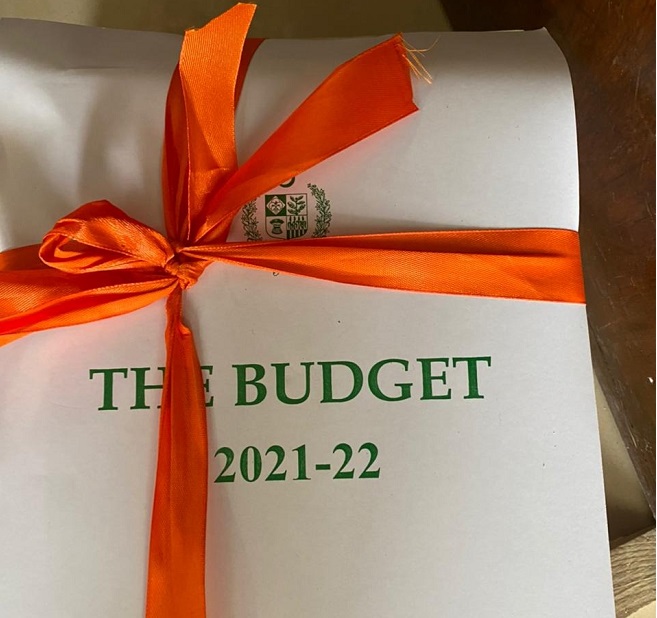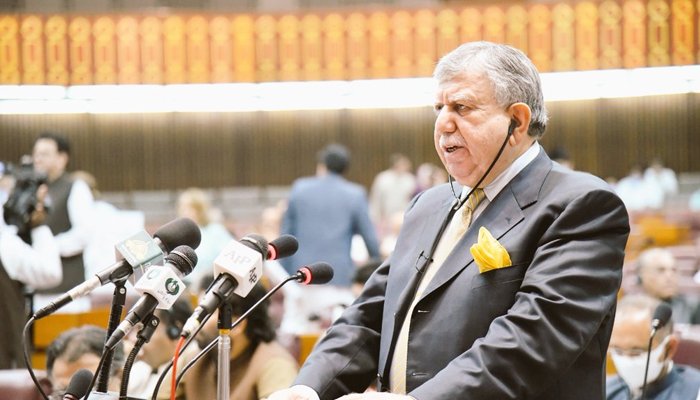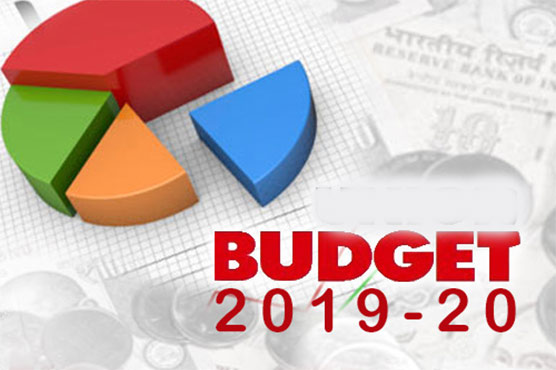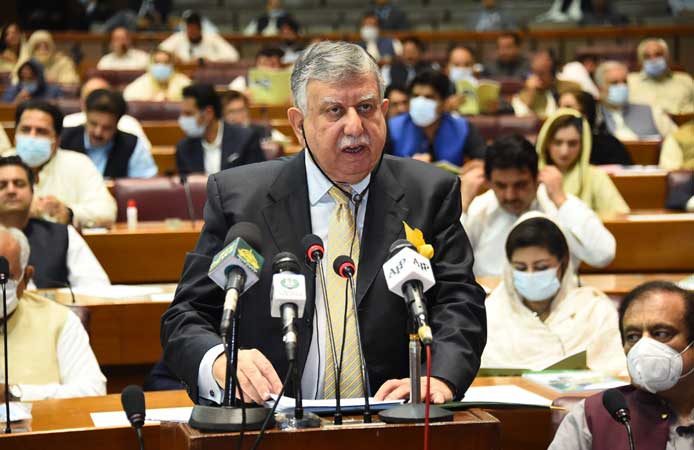ISLAMABAD: The government on Thursday finalised a ‘mini-budget’ involving fiscal adjustments and expenditure cuts worth about Rs600 billion as part of an understanding with the International Monetary Fund (IMF) to cool down the over-heating economy.
The steps will serve to reverse the effects of the federal government’s ‘pro-growth budget’ for Fiscal Year 2022 adopted only five months ago, according to some analysts.
The steps are being described as the “prior actions” that will pave way for submission of Pakistan’s request to the IMF board for approval in the middle of January. The board’s approval will ensure the release of $1bn for the country.
Meanwhile, the government has removed Yusuf Khan from the position of finance secretary and appointed secretary of the Planning Division Hamid Yaqoob Sheikh in his place.
Bill to be submitted to parliament after approval by the cabinet
As part of the adjustments finalised, the government has decided to reduce spending under the Public Sector Development Programme by Rs200bn, with Rs50bn coming from decrease in general government expenditure.
On the other hand, the withdrawal of tax exemptions will earn around Rs350bn for the government.

The IMF actually wanted tax measures worth Rs700bn, including withdrawal of tax exemptions and revision of tax slabs. However, an understanding for the current fiscal year was reached only on withdrawal of tax exemptions of Rs350bn. The exemptions on food items, fertilisers and pesticides will remain.
The IMF had also asked for an increase in tax on provident fund and upward revision in salary slabs for tax. However, this proposal has been set aside for the time being.
A senior official in the finance ministry said a bill would ultimately be submitted to the National Assembly after vetting. It is being vetted in the law division, the official said, adding that it would then be placed before the cabinet for approval.
After the cabinet’s approval the bill would be laid in the parliament.
According to sources, the government has revised upwards the valuation rates in the real estate sector to 90 per cent of the market level for calculation of tax in 40 major cities of the country, including Karachi, Lahore, Peshawar and Islamabad.
The number of cities in the list was increased from 20 to 40 to increase the tax collection from transactions in the real estate sector.
Under the head of customs, the government has decided to consider imposing regulatory duty on import of electric vehicles to lower its import. In the budget the government had lowered duty on electric vehicles to encourage its use in the domestic market.

It has also been proposed that import of complete built unit (CBU) vehicles of all types be restricted by imposing across-the-board regulatory duties.
Similarly, imposition of federal excise duty on vehicles in CKD/SKD conditions is also under consideration, which amounts to more than 80pc of the total imports in the automobile sector. The CKD/SKD imports posted a massive increase in the month of November.
It has also been decided that the facility of corporate guarantees against disputed import duties be reversed. Now it will be replaced with a bank guarantee or pay order.
The PM’s adviser on finance also proposed imposition of regulatory duty on several non-essential and luxury items. At the same time, to discourage import of non-essential items, it has been decided that regulatory duty on 525 items be imposed. These items were already subject to 100pc cash margin, which did not help achieve the desired result of restricting the imports.
Under the cash margin, the importer will deposit 100pc value of import with the bank before processing of the case.

According to an official source, the commerce ministry is opposing the imposition of regulatory duties as well as cash margin on the plea that it will slow down the economy. However, the finance adviser is serious about implementing the decision.
The ministry said that import value is price-driven because of increase in global prices. The situation further deteriorated because of the highest-ever depreciation of the rupee.
The central bank is pushing for a cash margin proposal instead of managing the free float of the exchange rate, which leads to inflation and a high cost of energy in the country.


